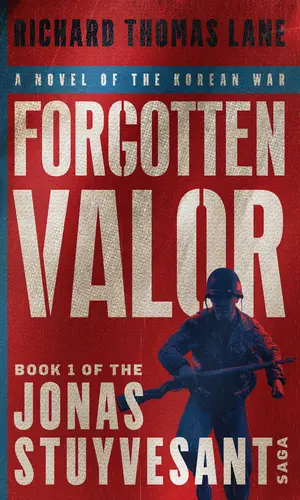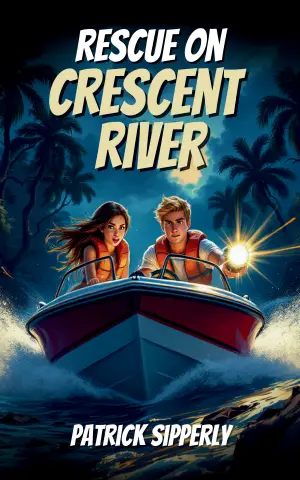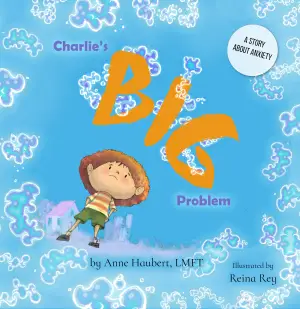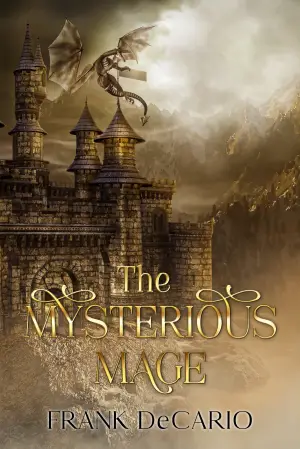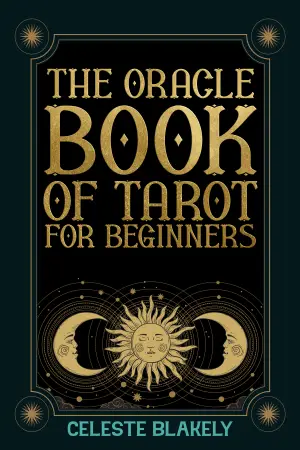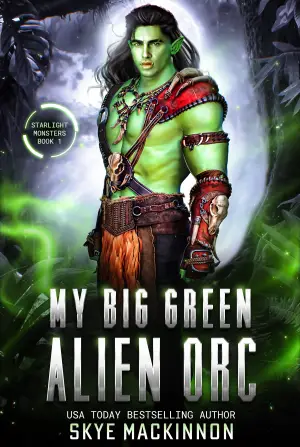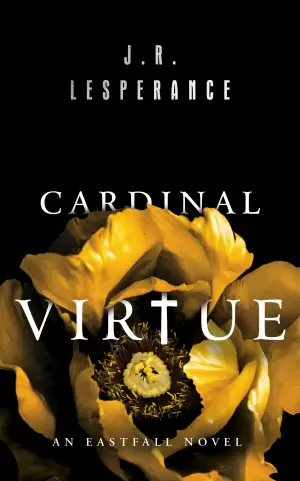A Journey Through Strategy and Empathy: Reflecting on Ender’s Game
As a lifelong lover of science fiction, it’s often a challenge to encounter a story that feels both fresh and profoundly impactful. Orson Scott Card’s Ender’s Game captivated me from the very first page, blending the urgency of interstellar conflict with a deep exploration of human nature. Initially drawn by its reputation as a seminal work in the genre, I was blissfully surprised to find that it holds a mirror to our own complexities—challenging not just our perceptions of heroism, but also the ethics surrounding war and leadership.
At the heart of Ender’s Game is Ender Wiggin, a precocious six-year-old thrust into a brutal military training program designed to groom genius children into the military leaders of tomorrow. The novel unfolds in a future Earth, teetering on the brink of annihilation due to an impending alien threat. From the get-go, Card doesn’t shy away from heavy themes, exploring the price of survival and the moral quagmires that follow. The quote, “Sólo el enemigo te enseña tus puntos débiles,” resonated deeply with me, as it encapsulates the intricate dance of strategy and empathy that defines Ender’s journey.
What struck me most was the emotional depth Card imbues in his young characters. Ender, in particular, stands out as a paradox: a child wrought with an innate compassion that clashes with the harsh realities of his environment. He feels deeply for his peers, yet he is pushed to cultivate ruthlessness to secure victory. This duality is painfully familiar and painted with such nuance that it forced me to question what I would be willing to sacrifice in the name of greatness.
Card’s writing style is refreshingly straightforward, allowing the tension to breathe without unnecessary complexity. The pacing is brisk, propelling us through the grueling trials that Ender faces in Battle School. The simplicity of the language enhances the story’s intensity, making the stakes feel evermore urgent. Card excels in creating ethical dilemmas that leave you pondering long after you’ve turned the last page. For instance, when Ender is forced to adopt a mindset that reduces his foes to mere obstacles rather than beings worthy of empathy, I found myself grappling with the same conflict. “La humanidad no nos pide que seamos felices. Sólo nos pide ser brillantes en su nombre,” and how utterly reflective of real-world expectations that statement is.
Moreover, the character development in the book simply shines. Ender’s siblings, Peter and Valentine, are robustly fleshed out, embracing complexity that the film adaptation largely missed. Their transformation into Demóstenes and Locke adds layers to the story that made my reading experience feel richer and more interconnected.
I cannot emphasize enough that this is a book that transcends mere entertainment; it challenges you to think deeply. After experiencing Ender’s Game, I find myself reflecting on the intricacies of strategy, leadership, and the consequences of conflict. This novel is not just a cornerstone of science fiction; it’s a meditation on what it means to be human in extraordinary circumstances.
In conclusion, I wholeheartedly recommend Ender’s Game to anyone seeking a narrative that combines high-stakes adventure with profound lessons on empathy and sacrifice. Whether you’re a seasoned sci-fi fanatic or new to the genre, this book is a must-read that will leave a lasting impression. I walked away not only entertained but transformed, pondering the very nature of conflict and resolution long after my final chapter. If you’re ready for a thought-provoking and emotionally complex ride, dive into Ender’s world—you won’t regret it!
Discover more about Ender’s Game (Ender’s Saga, #1) on GoodReads >>

